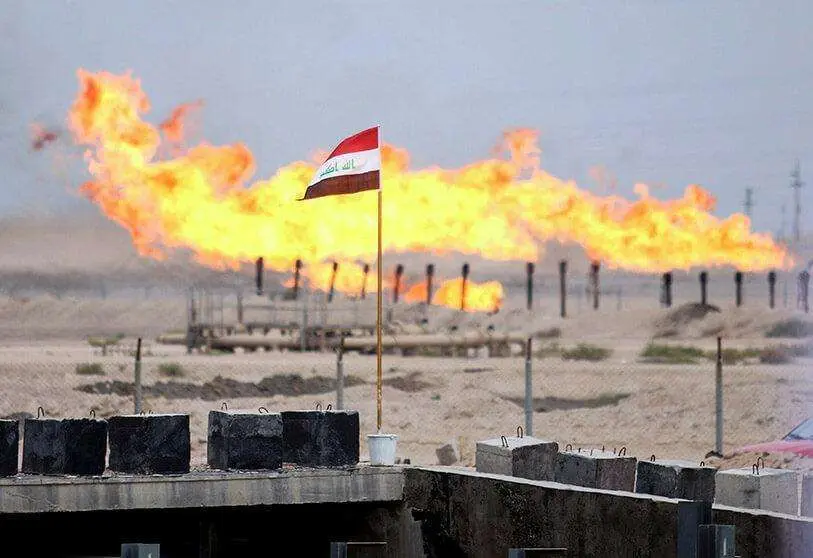Iran continues with its policy of destruction in northern Iraq for its own benefit

Iran struck again in northern Iraq on Wednesday with the launching of several ballistic missiles that left at least 14 dead and nearly 60 wounded. According to Tehran, they were intended to hit the headquarters of Iranian Kurdish parties in the region, which are trying to exploit the unrest in Iran over the anti-veil protests for their own purposes.
Following this, Iraqi Foreign Minister Fuad Hussein summoned the Iranian ambassador to Baghdad to demand an explanation for this harsh attack on Iraqi Kurdistan. According to international observers quoted by Al-Arab, Iran's attacks on the region have been intensifying violently for several weeks.
According to the Iranian Revolutionary Guard's communication, ballistic missiles struck four areas in the northern region of Iraq. Brigadier General Muhamad Bakpour said that 73 projectiles were launched in addition to other weapon systems such as suicide drones at 42 different points within a radius of 400 km.
Iranian artillery shelling resumed bombarding the border areas of the Kurdistan Region early on Thursday, a day after the intense drone and missile strikes that had killed at least 13 people and wounded 57 others.
— Kurdistan 24 English (@K24English) September 29, 2022
?Mohammad Rasul Ballaki pic.twitter.com/Kew4OSWuZo
Iran's violence in Iraqi Kurdistan is not unusual. Tehran has maintained for years that the Kurds in the region have excellent relations with Israel and that for these reasons Erbil serves as a base of operations for Mossad intelligence services to spy on and attack Iran. Already in the spring, the Revolutionary Guard claimed that if the Iraqi authorities did not prevent Mossad from setting up in the region, missile attacks against suspected Mossad cells would continue to take place in northern Iraq.
The region is also home to Iranian Kurds, organised in the Kurdistan Democratic Party of Iran, with headquarters in Choman and Sidekan. Iran considers this organisation and its members a direct threat to its security.
Analysis by the Emirates Policy Center concludes that Iran fears that the Iranian Kurds, with the support of Saudi Arabia and the United States, will promote the establishment of a Sunni-majority autonomous region in Iran, which would destabilise Tehran's hold on its neighbouring country.
#43YearsOfCrimes#Erbil, #Iraq—footage shows the #IRGCTerrorists' missile and drone attack against Iranian Kurdish parties.
— Iran News Update (@IranNewsUpdate1) September 28, 2022
One of the #Iran regime's missiles reportedly landed on a school, resulting in several injured among children.
Several people have lost their lives. pic.twitter.com/PWa7S6nlLX
Added to this is the geopolitics of energy, in which Erbil plays a key role for Iraq, as it has the potential to position itself as a key producer of natural gas and thus threaten Iran's position as Iraq's supplier.
Iran has been instrumentalising its energy supply to Iraq for years, to the point of completely cutting off or reducing its gas and electricity supplies to Baghdad, causing constant outages and military rationing of resources. All when it suits Tehran, in its game of leverage over Baghdad.
While Iran's right hand is managing energy supplies, the left is ravaging the northern region of Iraq to leave it without the infrastructure needed to tap its hydrocarbon sources. Meanwhile, the president of the Kurdish region, Barzani, claims that Erbil will become a major regional gas exporter. However, there are still no positive results for advancing the regional gas pipeline project from Dohuk.








